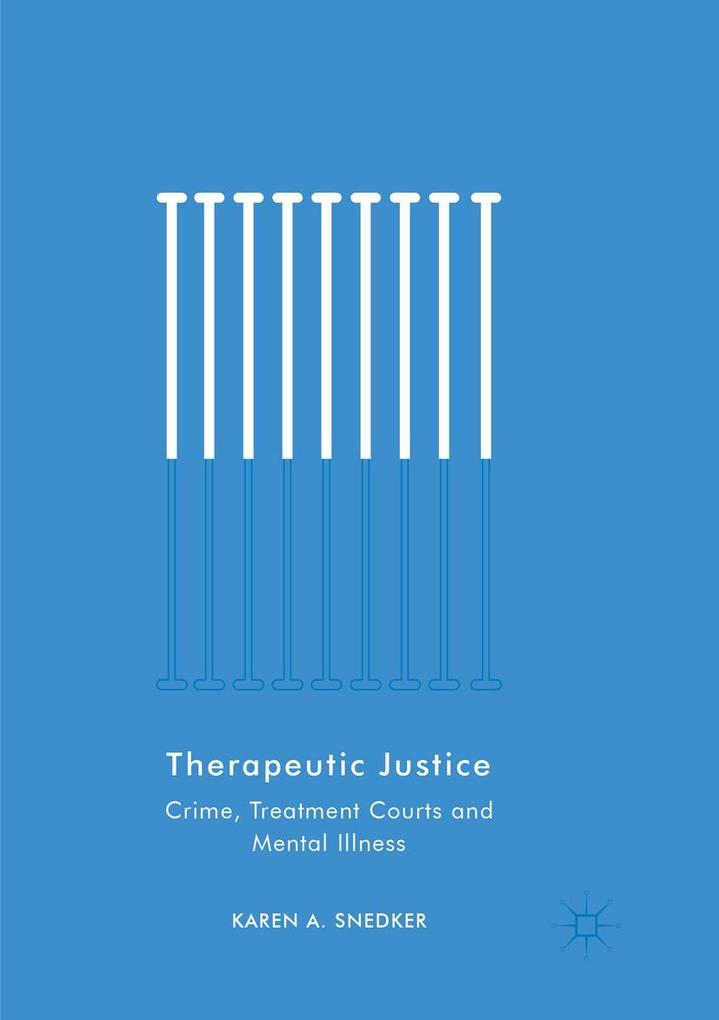Snedker s qualitative study is a wonderful contribution to the emergent scholarship on empirically testing law s potential as a therapeutic agent. the book points to the immense value of qualitative methods of inquiry for examining mental health courts, and courts more generally. I hope the book inspires others to ethnographically discover the social worlds of problem-solving court professionals and participants (Ursula Castellano, Contemporary Sociology, Vol. 49 (3), 2020)
The intent of this book is to educate workers of mental health court . The book does an exemplary job of defining the use of the mental health courts, and gives clear guidelines of the execution and achievement of these courts. This book is highly recommended to anyone beginning employment or research in mental health court. As well as other court and justice professionals who would like to incorporate aspects of therapeutic justice into their work. (Deborah-Rae Chizek, Journal of Interprofessional Care, jicareblog. org, June 6, 2019)
The book is beneficial in the area of contemporary mental health courts, therapeutic jurisprudence, and criminal justice reform. Therapeutic Justice is a wonderful read for all people vested in better understanding the intersection of mental health and the criminal justice system. Summing Up: Recommended. Graduate students through faculty. (M. G. Urbina, Choice, Vol. 56 (05), January, 2019)





































